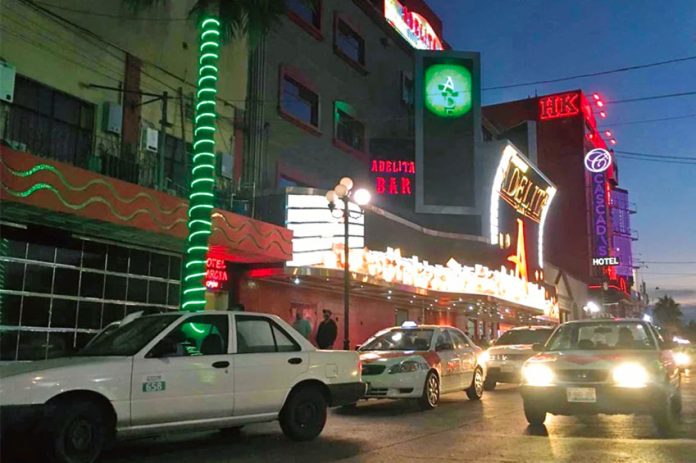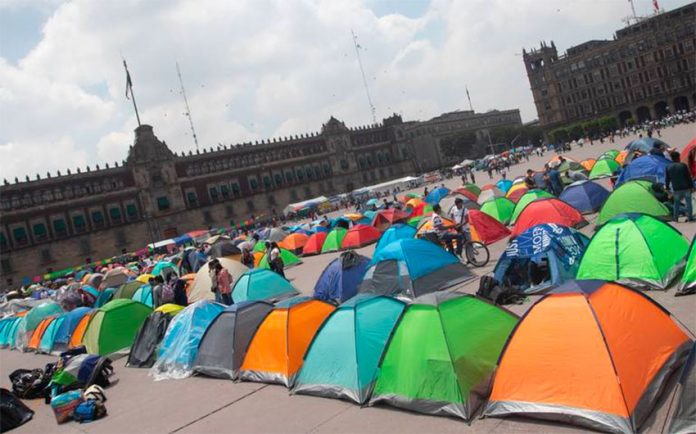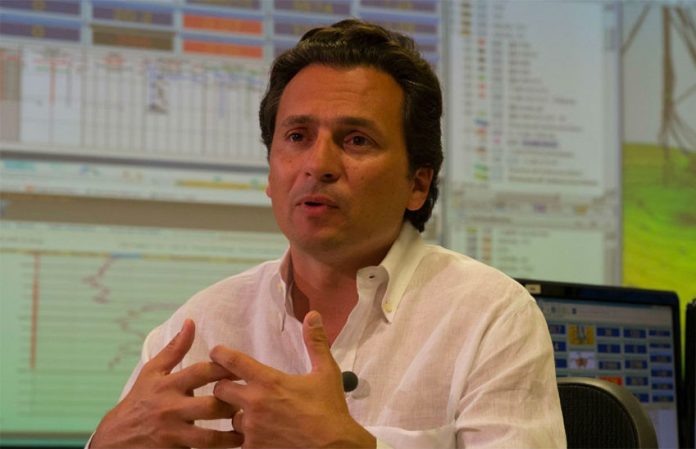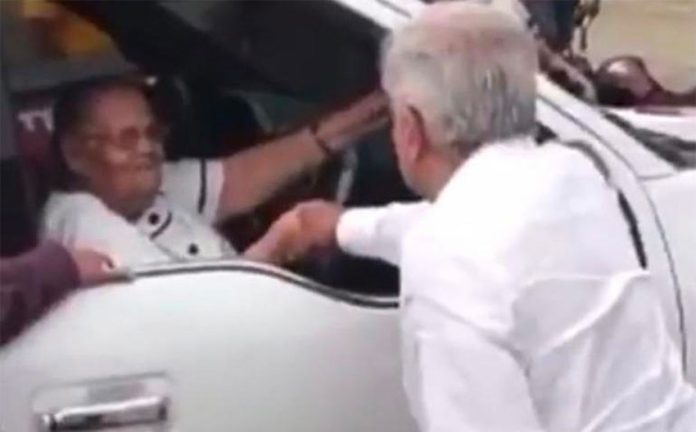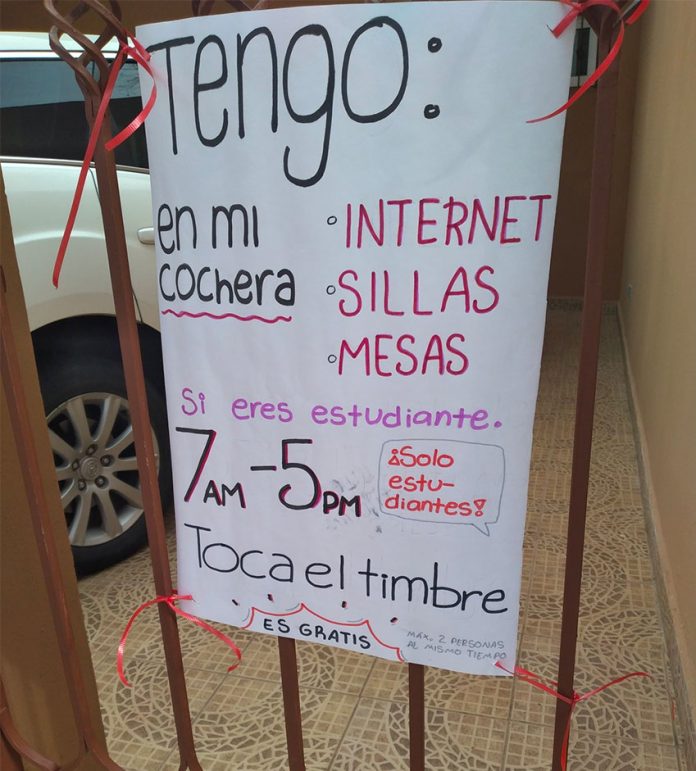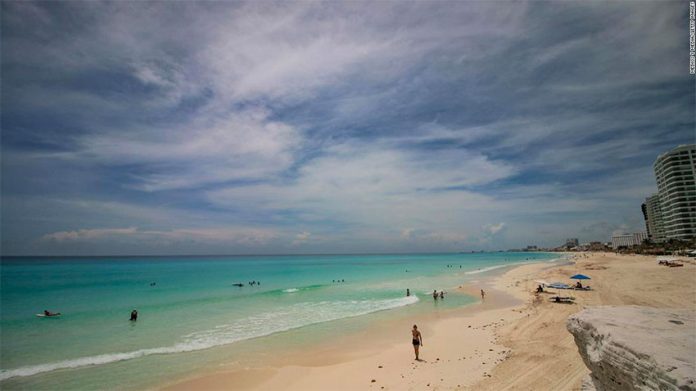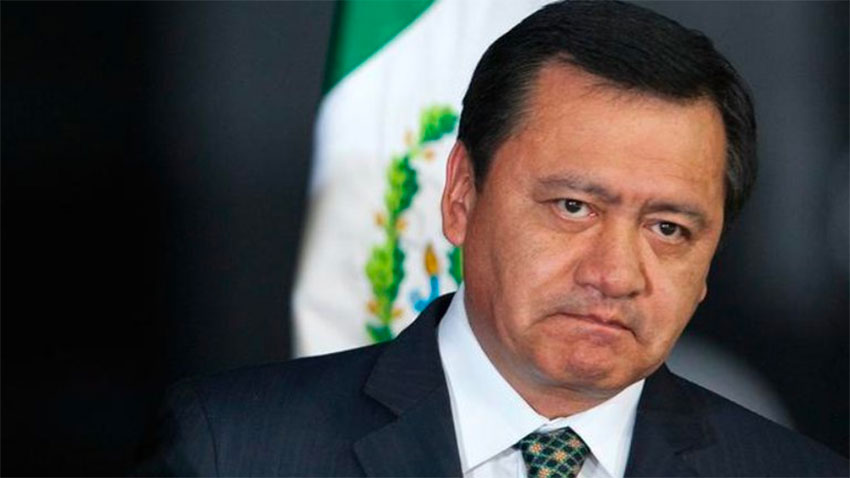Over 900 Interjet customers have filed a collective complaint against the airline with Mexico’s consumer protection agency Profeco, citing ongoing cancellations of flights and failure to provide proper compensation to affected passengers.
Many Interjet customers — nearly 2,000 alone on various Facebook groups dedicated to the issue — have complained that the airline has been continually canceling flights in Mexico since the height of the pandemic, despite there being no government restrictions in the respective destinations.
Between March 23 and the end of July, Profeco received 93 individual complaints from Interjet customers for not providing a compensation voucher for their canceled flight and 16 complaints for the repeated cancellation of flights. Customers have also taken other measures to pressure the airline, such as launching a Change.org petition in March to force the airline to reimburse customers. The petition has so far garnered over 1,200 signatures.
Pablo Martínez says he bought six round-trip Mexico City–Cancún tickets in March that had no flight restrictions. At the end of May, he saw on Interjet’s web page that his flight had been canceled without notification. Upon communicating with the airline, he said he was assured that he would receive compensation vouchers, but when he did — 50 days later — they were for far less than the value of his original tickets. In addition, he says, Interjet ended up canceling the replacement flight on his vouchers.
Sergio Ramírez says he spent 12,800 pesos on three round-trip Mexico City–Cancún tickets for travel in April, but the flight was canceled due to Covid-19. He also was promised vouchers but he has yet to receive them.
“If I was sure that [the new flight] wouldn’t be canceled on me, as have so many others, I would not have any reason to reject their offer,” he said.
Interjet officials say that flights canceled due to consolidation of flights, the closure of borders, or low demand due to Covid-19 are reimbursed with vouchers equal to the value of the original unused ticket. Regarding the accusation that the airline is constantly canceling flights, officials said that the changed climate amid the pandemic has required the company to modify its operations the way all airlines have done, making short-term adjustments to meet changing demand.
According to Mexican civil aviation law, in the event of a flight cancellation affected customers are supposed to be guaranteed another flight to their destination or must be compensated for the full value of the unused flight — minus any flight legs already taken — plus 20% of the ticket’s value.
Like most airlines, Interjet has been facing financial difficulties and is now operating with just five aircraft after 25 were repossessed.
Sources: Reforma (sp)
